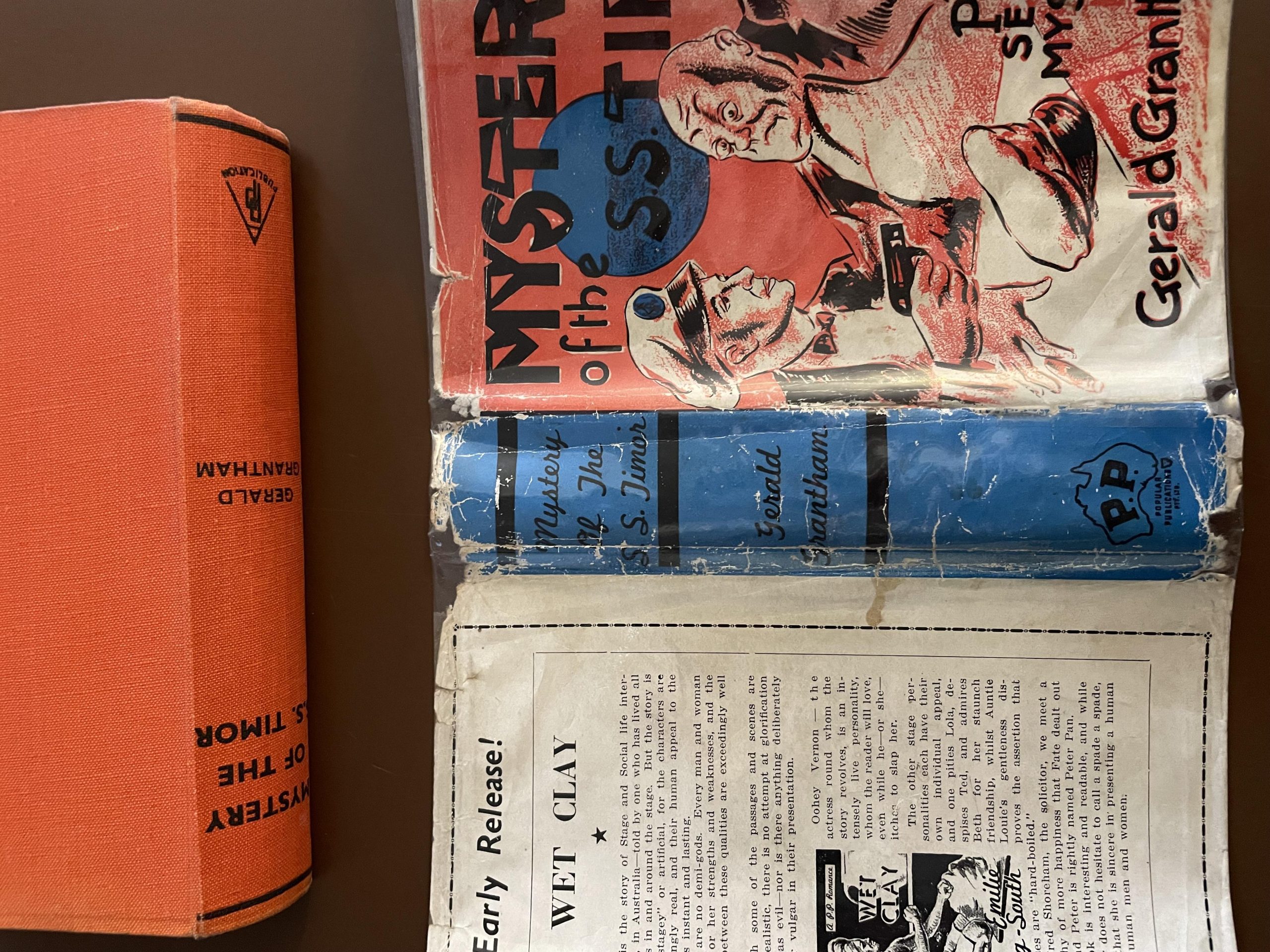The article explores the distinct yet interconnected roles of gods and demigods across various cultures, reflecting human values, fears, and aspirations. It defines gods as supreme beings with immense power, while demigods, often half-divine, exhibit human traits alongside extraordinary abilities. Through examples from Greek, Hindu, Egyptian, and Norse mythology, it highlights how both divine and semi-divine figures embody strengths, such as power and courage, and weaknesses, like human flaws and vulnerabilities. This juxtaposition demonstrates the complexities of existence and humanity’s quest for understanding, offering timeless insights into resilience and the dual nature of life.
Gods vs. Demigods: Strengths and Weaknesses Across Cultures
In the pantheon of mythology and religious narratives, gods and demigods occupy fascinatingly distinct yet interconnected positions. These captivating figures not only shape the spiritual and moral landscapes of their respective cultures but also illustrate a range of traits that resonate with human experiences. This article delves into the strengths and weaknesses of gods and demigods across various cultures, exploring how these archetypes serve as reflections of human values, fears, and aspirations.
Understanding Gods and Demigods
The Definition of Gods
Gods are typically envisioned as supreme beings possessing immense power, wisdom, and authority. They are often responsible for the creation of the universe, the enforcement of cosmic laws, and the governance of human affairs. Gods embody the ideals of strength, endurance, and omniscience, often depicted as perfect entities reflective of ultimate good, justice, and moral order.
The Concept of Demigods
Demigods, on the other hand, bridge the gap between the divine and the mortal. Often the offspring of a god and a human, they possess extraordinary abilities while still retaining human qualities. This duality allows demigods to exhibit both strengths and vulnerabilities, making them more relatable to humans. Characters such as Hercules in Greek mythology or Gilgamesh in Mesopotamian tales exemplify these beings who navigate the human experience, often undertaking heroic quests that lead to both triumph and tragedy.
Strengths and Weaknesses: A Cultural Reflection
Greek Mythology: Strengths of the Olympians
In Greek mythology, the Olympian gods, such as Zeus, Hera, Poseidon, and Athena, embody an array of supreme powers, each governing different aspects of existence. For instance, Zeus wields thunderbolts and holds dominion over the sky, while Athena is associated with wisdom and warfare. The gods reflect ideal virtues but also exhibit profound human-like flaws: jealousy, revenge, and capriciousness.
The Demigod Experience
Demigods like Hercules showcase incredible physical strength and bravery, but they are also vulnerable to human frailties. Hercules’ legendary twelve labors highlight his physical prowess but also emphasize his personal struggles, often stemming from the hubris of challenging the gods or succumbing to rage. This narrative arc captures the human condition—heroism intertwined with vulnerability and moral dilemmas.
Hindu Mythology: The Divine and the Semi-Divine
Hindu mythology presents a rich tapestry of gods and demigods, where deities like Vishnu, Shiva, and Durga possess omnipotent qualities. Vishnu’s avatars, such as Rama and Krishna, while fully divine, also embody human traits, demonstrating moral dilemmas and the quest for dharma (righteousness).
The Strength of Demigod Figures
Within these stories, characters like Hanuman, a demigod and devoted servant of Rama, exhibit unparalleled strength and loyalty. He symbolizes the perfect blend of divinity and humanity, showcasing strengths like bravery and intelligence alongside weaknesses such as self-doubt and overwhelming love. This dual nature reflects the complexity of human emotions and relationships.
Egyptian Mythology: The Balance of Power
Egyptian deities such as Osiris, Isis, and Ra illustrate the complexities of gods’ power and demigods’ limitations. The gods in Egyptian myths often embody natural phenomena or concepts, wielding powers that dictate the cycles of life, death, and resurrection.
Osiris and Horus: A Demigod’s Struggle
Horus, the son of Isis and Osiris, is a significant demigod figure who fights against Seth to reclaim his father’s throne. While Horus possesses divine traits, his journey reflects a struggle against chaos and adversity. His vulnerabilities—fear of failure and the weight of legacy—demonstrate that even those born of divine lineage must confront challenges that test their resolve.
Norse Mythology: Power Dynamics
In Norse mythology, gods like Odin, Thor, and Freya wield immense power, but they, too, face formidable challenges. Odin, the All-Father, is wise yet knows loss and sacrifice intimately. Thor, the god of thunder, possesses incredible strength but grapples with the responsibility of protecting Midgard (Earth) from giants.
The Heroes of Valhalla
Demigods and heroes like Sigurd the Dragon Slayer illustrate the complexities of strength and mortality. Sigurd’s journey—marked by bravery, betrayal, and tragedy—reflects the human struggle against fate, demonstrating that even heroic figures can fall victim to their decisions.
Comparative Analysis: The Human Experience
The juxtaposition of gods and demigods across various cultures highlights not only their strengths and weaknesses but also the shared human experience they represent.
-
Strengths: Gods often symbolize ideals of power, justice, and creation, while demigods express human-like attributes such as courage, frailty, and the desire for acceptance. This duality allows them to engage with humanity on a deeper level.
- Weaknesses: The vulnerabilities of demigods serve to humanize them, making their struggles relatable. In contrast, the flaws of the gods demonstrate the precarious balance of power and the potential for chaos even within divine realms.
Conclusion: The Legacy of Gods and Demigods
The dichotomy of gods and demigods across cultures serves as a testament to humanity’s quest for understanding its own nature. These figures embody the multifaceted aspects of existence—the ideal and the flawed, the powerful and the vulnerable. In their stories, we find reflections of our values, fears, and aspirations, lending insight into what it means to be human.
As we engage with these mythologies, we recognize that the struggles of gods and demigods mirror our own challenges and triumphs, offering timeless lessons in strength, resilience, and the enduring complexity of the human spirit. Through the lens of mythology, we celebrate the extraordinary journeys of these beings, preserving their legacy as eternal symbols of the battle between divinity and humanity.
